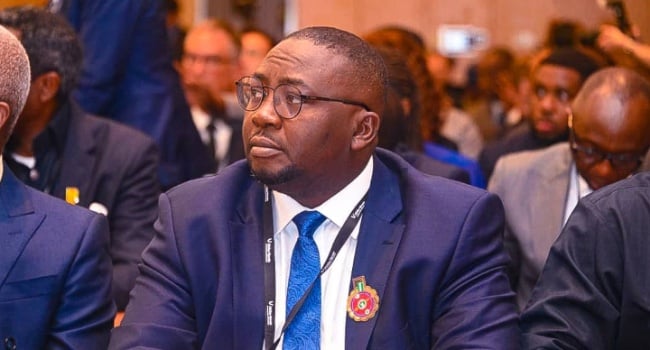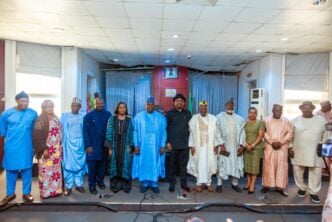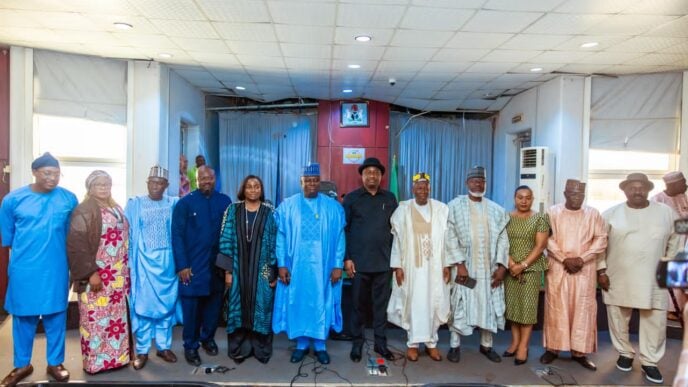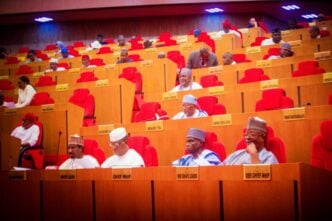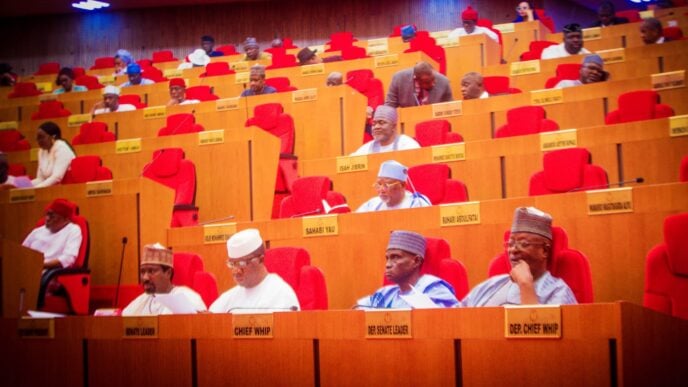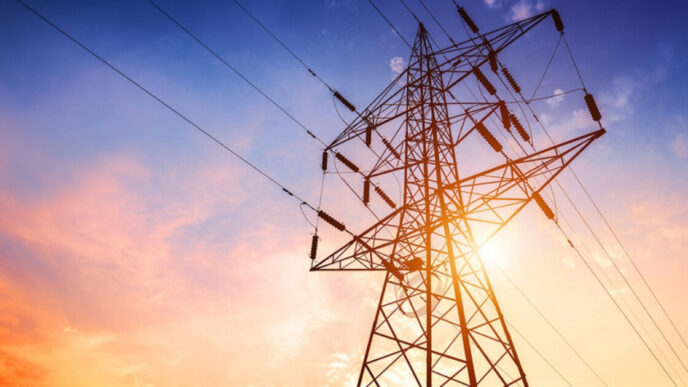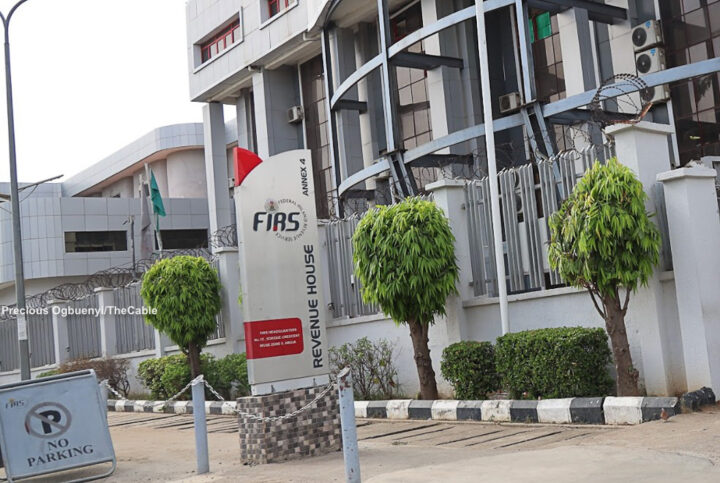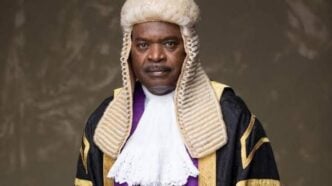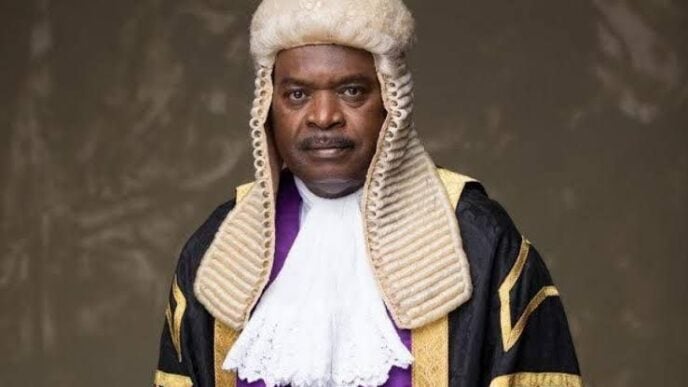The federal government says it is actively developing a plan to shift the power sector to a fully cost-reflective regime.
Adebayo Adelabu, minister of power, spoke on Tuesday at the Mission 300 stakeholders engagement meeting in Abuja, according to a statement by Bolaji Tunji, the minister’s media aide.
The commitment, he said, is vital to the nation’s economic growth and development.
In its recent 2025 first quarter (Q1) report, the Nigerian Electricity Regulatory Commission (NERC) said the country incurred an electricity subsidy debt of N536.4 billion in the quarter, citing the lack of cost-reflective tariffs across all electricity distribution companies (DisCos).
Advertisement
The minister said the government will introduce targeted subsidies to mitigate the impact on vulnerable citizens.
Adesina added that “currently, there’s a huge outstanding debt to the power generation companies in the form of unpaid government subsidies, which stands at about N4 trillion as of December 2024”.
“The federal government is already working out modalities to defray this obligation and to ensure that further obligations are not accrued going forward, the government is working on a plan to transition the sector to a fully cost-reflective regime while implementing targeted subsidies for the economically vulnerable citizens in the country,” he said.
Advertisement
“Improving our power generation through recovery of idle capacities and expanding energy mix to ensure energy security, and to dilute the power pool with cheaper and cleaner energy sources.”
‘$32.8BN NEEDED FOR MISSION 300 COMPACT’
At the event, Adelabu announced that the investment required for the Mission 300 Compact is estimated at $32.8 billion, with $15.5 billion expected from the private sector.
According to the minister, the Mission aims to deliver electricity to 300 million unserved individuals across Africa.
Advertisement
He called on development partners, the private sector, philanthropic organisations, the public sector, and civil society groups to support the initiative.
“Mobilising this level of financing will demand innovation, coordination, and a shared commitment. In this room today are many of the institutions and individuals who can help us shape the future of Nigeria’s energy sector,” the minister said.
“Let us take this opportunity to ask hard questions, identify the practical solutions, and develop actionable plans that will make universal access a reality not just in the policy space, but in the daily lives of our citizens by powering our hospitals, our schools, our industries, and our homes.”
He said government priorities in power sector reforms include “addressing the market liquidity issues and initiating required sector reforms”.
Advertisement
Adelabu also identified other priorities, including expanding transmission infrastructure to deliver more power, ensuring the stability of the national grid.
The minister said the expansion will put an end to several grid disturbances and collapses previously observed on the grid, and to further strengthen the coordination and management of the national grid.
Advertisement
He said this will ensure the viability and performance improvement of the distribution segment of the power sector “through strategic programs like the Presidential Metering Initiative and the World Bank-funded Distribution Sector Recovery Programme”.
Adelabu said the power ministry is also focused on increasing renewable energy capacity through rural electrification and the national energy transition drive, aimed at delivering reliable electricity to unserved and underserved communities.
Advertisement
He expressed the federal government’s appreciation to the World Bank Group under the leadership of Ajay Banga and the African Development Bank (AfDB) under the leadership of Akinwumi Adesina, the outgoing managing director of the bank.
Adesina also acknowledged the Rockefeller Foundation, the Global Energy Alliance for People and Planet, and Sustainable Energy for All (SEforALL) for championing the Mission 300 initiative to connect 300 million Africans to electricity by 2030.
Advertisement
The ambition, he said, reflects “our shared belief that energy access is a fundamental issue that must be urgently addressed to unlock economic potential of the continent”.
